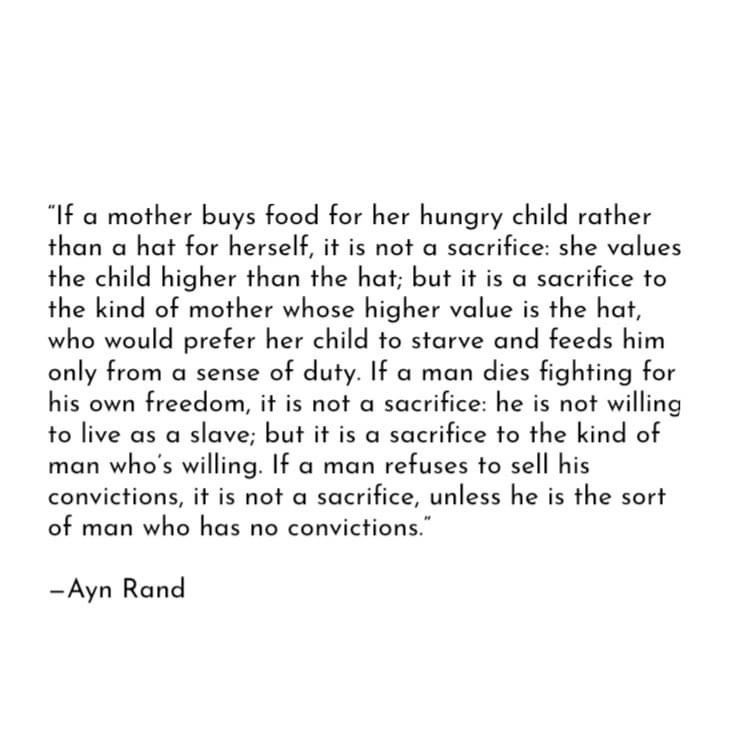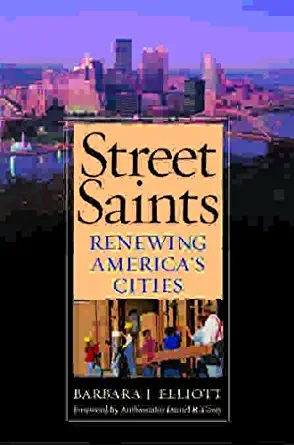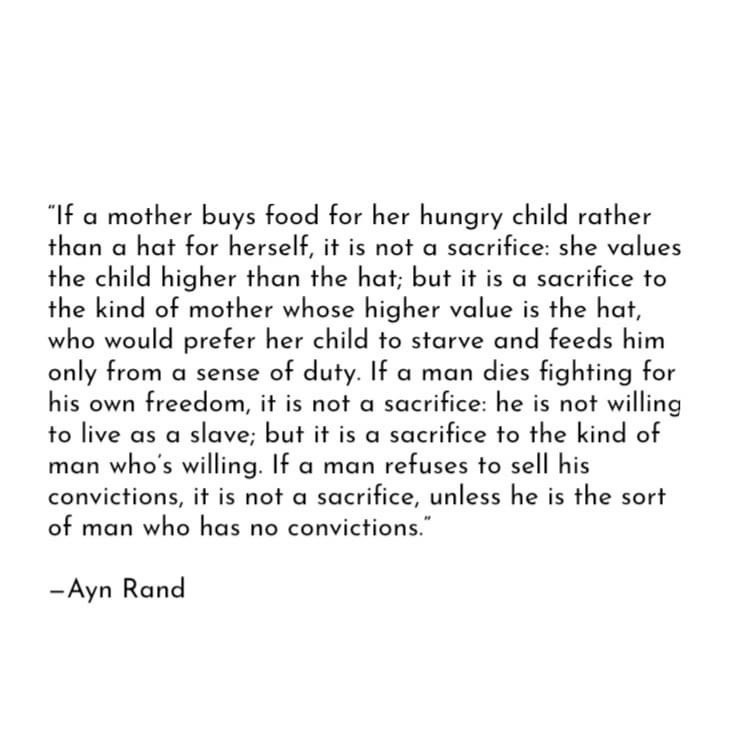Which definition do you think of when reading the phrase Community Standards? The term either means a set order of rules, policy, or guidelines you agree to follow or it means local norms that are used to determine what is acceptable conduct to a local community. In the case of the former, community standards are dictated by an organization or platform (such as Facebook). To be a part of the community, you must adhere to these rules, spelled out up front, and well defined for those who take time to read and follow them. In the case of the latter definition, community standards are essentially set by local communities and go beyond rules and law. For example, in the Old West it might have been acceptable to use spittoons in Dodge City, but frowned upon in high society of Philadelphia or Baltimore. Today, it might be acceptable to defecate on the streets of San Francisco, but get you arrested in Sheboygan.

Conservative thinker Edmund Burke touted the idea that local communities could set their own standards as he explained a person’s sphere of influence and rights. A person naturally looks after themselves first, then their immediate family, then their neighborhood, community, state and so on – in that order. Burke and Alexander DeTocqueville noted that people function best when small civic units work together. Author Barbara J. Elliott puts it this way in the book Street Saints: Renewing American Cities, “To love mankind is abstract, but one can love particular people. Trying to help ‘the poor’ is overwhelming, but helping one family in need is a manageable task.”
Elliott also notes that civil society works thanks to the intersection of faith and free human action. People who operate under a like set of standards are more likely to solve problems than those who come from viewpoints that are at odd with one another. Consider the aforementioned issue of poverty. If one viewpoint says all boats must rise by the rich sacrificing for all poor, while another viewpoint says we expect a certain amount of labor and endeavor before receiving community support, then poverty will not be solved without some form of compromise – usually to the detriment of both ideals.
But, when community standards are resolved thanks to like-mindedness, then local effort are successful to the maximum effort. In the aforementioned example of homeless people defecating on city sidewalks, one community may see that as an acceptable option, while another may say that the solution is to rid the streets of homeless people. How that is done is by community choice - police enforcement of vagrant laws or providing funds to get homeless people into housing that includes bathrooms.
Obviously, human rights must be respected and possibly even enforced - especially if community standards set the bar too low and disenfranchise someone of their rights. However, community standards go far beyond limited rights to set an expectation of a community. Rules may not be needed to enforce these community standards. For example, a homeowners association could require that lawns be mowed to manicured perfection or the established leaders of the community could remind people through careful word and conversation that their lawns are shaggy and reflect poorly on the homeowner in the local society. Note that gossipy Facebook posts are not the same as community leaders bringing the message.
Rather than the current government overreach, we need common sense community standards to be the rule of the day. Each community will thrive and those who do not like their community can certainly find like-minded allies somewhere down the road.
